Exploration with Twine and reflection on storytelling technique:
From the reading this week: 7 Storytelling Techniques Used by the Most Inspiring TED Presenters, the presenter I found most compelling is Leslie Morgan Steiner who talks about her story of finding the courage to leave her abusive spouse and woman’s equally powerful story of domestic violence. I was really immersed into her story as if I was the victim of that serious and scary violence and I was also surprised with the datas and information she gave about the whole topic of women’s equally powerful story of domestic violence. Her story makes me start to question to myself about what can I do also as a woman to help those who receive unequally treated women to get out of this war in silence and I can feel the painful expreiences that she had when I was listening to her speech. I think the techniques she used in her talk were “immerse the audience in the story” and “tell a personal story”. Her choice of topic can make resonance for most of women audiences (including me), and the part of her telling her own experience can be an example of the second technique which gave her story a more empathetic effect.
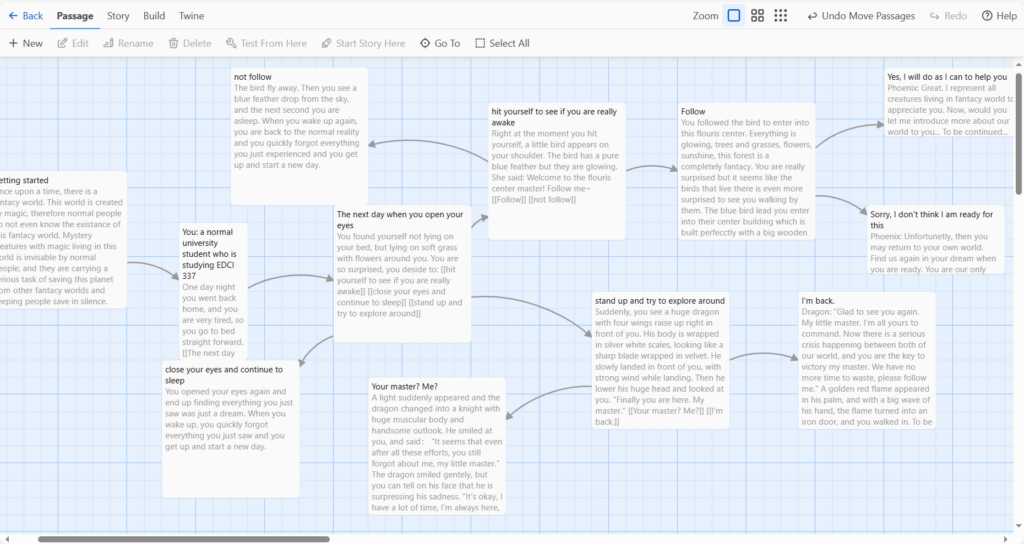


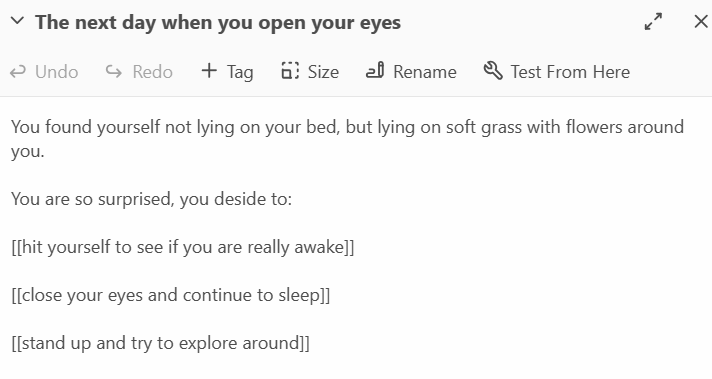

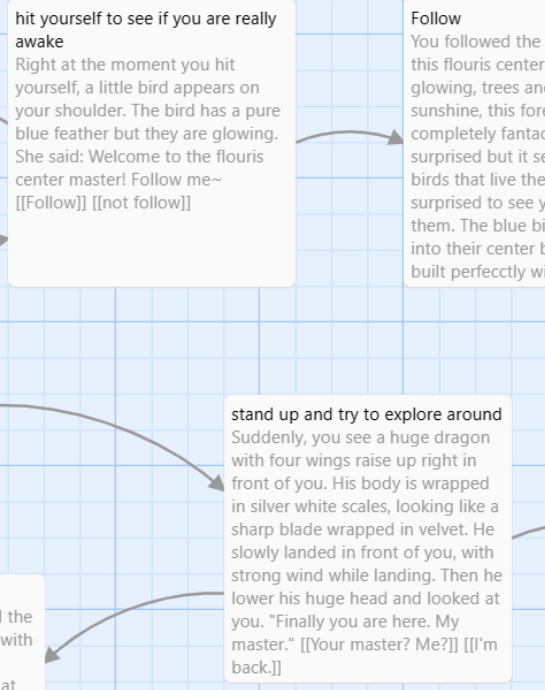
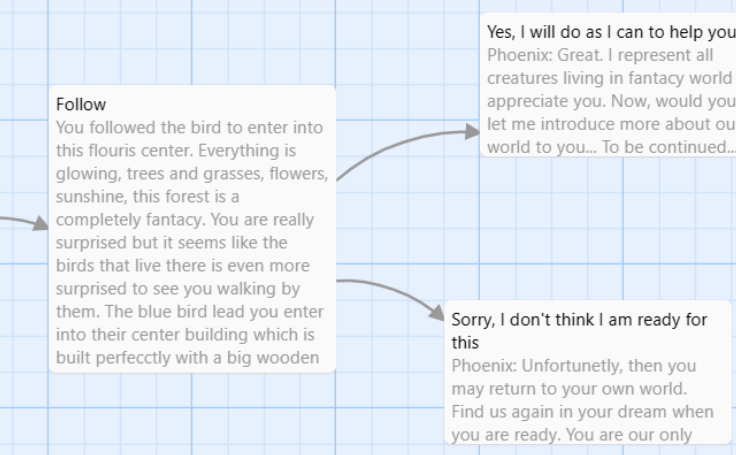
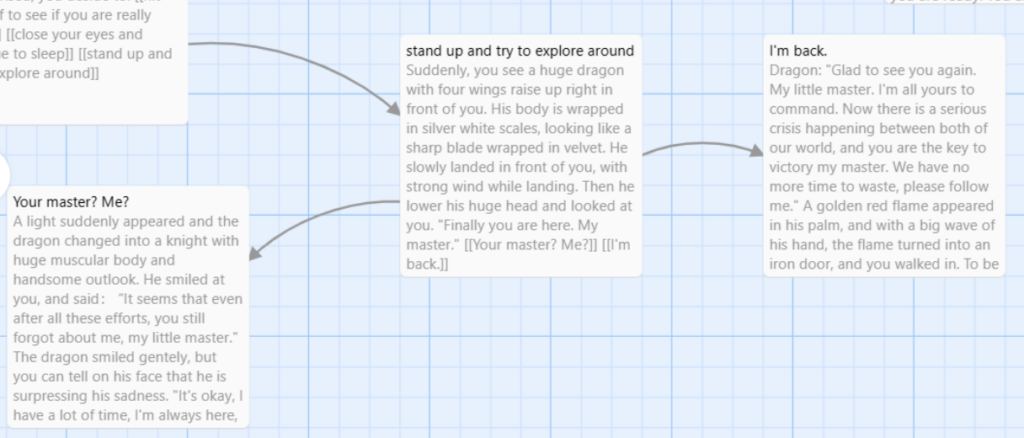
While I was creating my story, I found that I instinctively used these storytelling techniques: Immerse your audience in the story (I immersed myself into the story haha), create suspense (I stopped when important things are about to happen and I give choices that are connecting to completely different plots of my story), and tell a personal story (I was using “you” as the main character description which can create a sense to the reader that it is them that are actually having these experiences instead of watching someone else experiencing the plots). What I think requires more works for me is to build a star moment and to show, don’t tell. Becasue my story is not ended, I still have more space to build a star moment. However, I do not think I have show. don’t tell in my story because I was still confused about how to apply it into my story. Moving forward, I will definitely be more focused on building a star moment, bring characters to live and to let audience be more immersed into the story.
Further more, I think this exploration and practice about storytelling also gave me a brand new experience about creativity and it changed my mind about the form of creativity. When I was writing this story, I suddenly realized that I was so used to write non-fiction, formal passages so when it comes to telling stories, I was a little bit messed up and did not what to write at first. However, then when I went to play video game to relax, I suddenly got the inspiration from the main plots in the game. Therefore I went back to this week’s task and created this little fiction story (although it was not long) smoothly. This is the first time that I started to think I can actually be creative in writing a story! I felt really good after this exploration and I really appreciate this chance which let me found more possibilities in myself!
Your reflection offers a deep, genuine insight into your experience with storytelling. Your ability to identify with the techniques used by TED presenters and then integrate some of them into your own writing is commendable. The most unexpected place is drawing inspiration from a video game, which is a delightful testament to creativity. Your enthusiasm for the blog is palpable, good job!
But there are still some areas that need to be improved. While your content is rich, consider using headers or bullet points to segment different sections of your reflection. This will make your text easier to follow and highlight your key points more clearly. Besides, there are a few minor grammatical errors.
Overall, your effort to learn is obvious, making this a very valuable reflection. Keep up the excellent work.
Hi Lynne,
It’s wonderful to hear that you’ve found inspiration in unexpected places, such as video games, and that you’ve overcome the initial challenge of transitioning from non-fiction to fiction writing. I know how hard it was because I can also do it better if I can write a story in Chinese rather than using English. One advice is that if we can read this story in Twine, it must be more interesting!